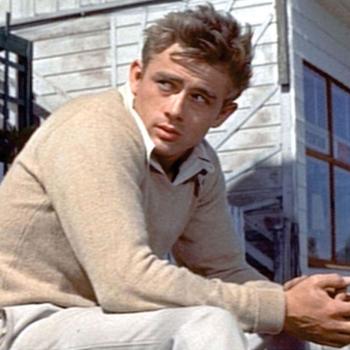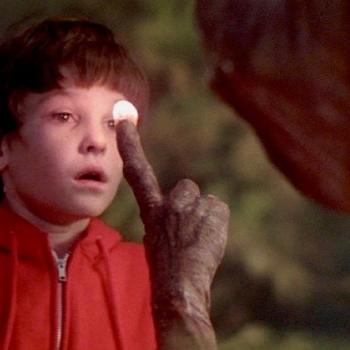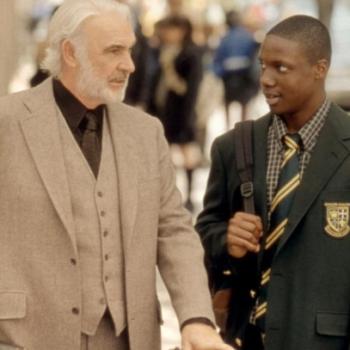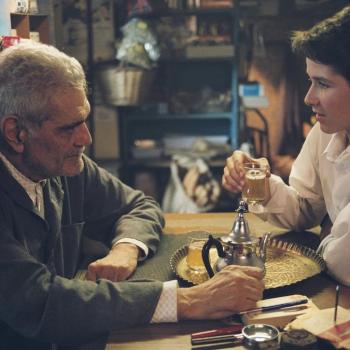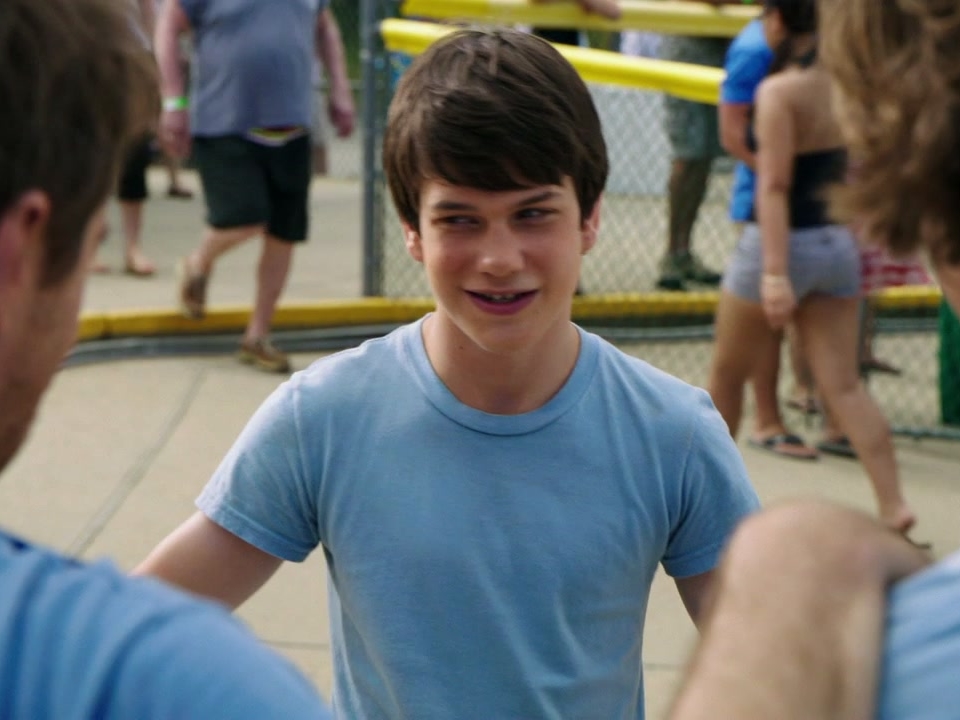
I’m not really a winter person, which makes the coming months something of an ordeal for me. I tend to cope by immersing myself in summer-themed films, and the film that probably best embodies this is (well, probably Jaws, but a close second would be) Nat Faxon and Jim Rash’s The Way, Way Back.
The story sees Duncan, an insecure teenager, vacationing with his mom for the summer with her boyfriend, Trent, at his beach house. Even though he’s the protagonist, for the first twenty minutes of the film, Duncan has an alarmingly small dialogue-to-screentime ratio. He’s an eternal observer, never a participant. And seeing how others talk to and about him, it’s easy to see why.

The film’s very first scene has Trent talking down to Duncan while he’s in the back seat of the car. Trent makes Duncan rate himself on a scale from one to ten, and when Duncan answers “6,” Trent replies with “I think you’re a 3,” citing his introverted tendencies as a character deficit he needs to overcome. Trent continues to create situations wherein Duncan is made to feel out of place or like he’s a hindrance. When Duncan tries to leave the dinner table to escape from an awkward situation, he suggests that Duncan is trying to get out of cleaning up, and he forces Duncan to wear an obtrusive life jacket when no one else on the boat is expected to.
Duncan gets a much-needed reprieve when he ventures out into the city and finds the local water park. The park is owned by the endlessly charismatic Owen, who becomes Duncan’s greatest champion.
Owen stands in stark contrast to Trent. Where Trent has to keep people like Duncan down in order to bolster his own self-esteem, Owen leaves his mark by building up everyone he can. He always arranges the scene to make sure everyone feels comfortable, especially people like Duncan who may not feel welcome in a given environment and who maybe can’t readily see their inherent value.
%2bPics%2c%2bImages%2c%2bPhotos.jpg&ehk=2Xyjd0xoFeHc5HybaqkGcoaoznTYHZstc8YHRjt55tI%3d&risl=&pid=ImgRaw&r=0)
Sycamore Pictures via “Movie HD Wallpapers”
Owen himself isn’t a conventional mentor. For one thing, he’s fluent in sarcasm, but it’s sarcasm with a design for disarming a situation and making people feel less on edge. In moments of genuine stress, like when Duncan is tasked with diffusing a crowd that is congesting a walkway, Owen is sensitive and attuned to what Duncan needs in the moment. Owen assures him, “You got your shirt on now. You’re official. They’re gonna listen to you.” Owen affords Duncan two things he has been without for most of his life–attention and respect.
Duncan thrives in this environment. He never loses that soft-spoken sensibility, but he does become more comfortable in a wider range of settings. He also becomes more proactive in asserting his own dignity, as seen with multiple instances of him standing up to Trent during the last segment of the film.

And that’s the unspoken beauty to helping others see their inherent worth. Owen’s way of life has a lot of forward momentum. When Owen treats people like they’re the most interesting person he’ll interact with that day, they naturally become more accepting of others. This is why the workers and patrons of Owen’s water park embrace one another with such enthusiasm.
In this fashion, Duncan leads the way in helping his mother stand up for herself. She spends the bulk of the film in denial over Trent’s mistreatment of her, including his long-running infidelity. But seeing her son’s growth gives her the strength to walk out of a degrading relationship, and the film ends with Duncan’s mother hopping in the back seat with her son, a token of her newly discovered respect for herself and her son.

Duncan has been a bright kid from the start, he just needed to find a place where he was allowed to see himself as capable and deserving of respect. And this is where modern disciples of Christ come into the picture. One of the most Christlike things a person can do is help others see their inherent divinity, whether or not we deliver this sermon in purely religious terms. This commitment to help people is also available to everyone, even people who may themselves have felt undervalued or belittled by the world. Owen eventually confides in Duncan that he grew up with an unsupportive father, but this only motivated him to always leave people better than he found them.
It’s never stated explicitly in the film, but it’s possible that Trent may have himself come from a similar background. This might explain why he seems to derive self-esteem from keeping people like Duncan at the bottom of the totem pole. But mortality isn’t a zero-sum game. What people like Trent fail to understand is that people like Owen will always be far more admirable.





